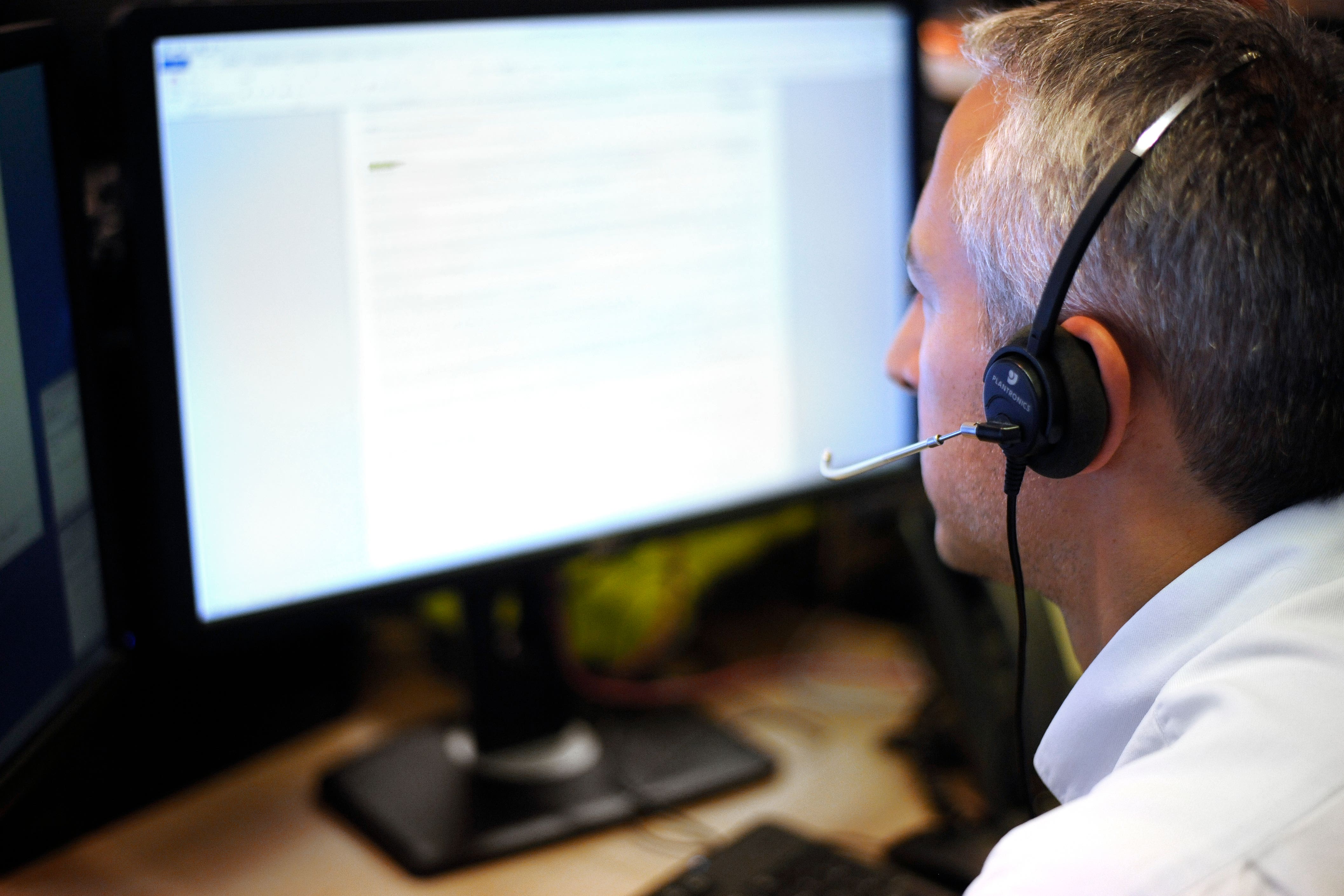Short works breaks do not prevent mental fatigue or increase efficiency – study
A new study looked at healthy men who took a 10-minute break every 50 minutes.

Your support helps us to tell the story
From reproductive rights to climate change to Big Tech, The Independent is on the ground when the story is developing. Whether it's investigating the financials of Elon Musk's pro-Trump PAC or producing our latest documentary, 'The A Word', which shines a light on the American women fighting for reproductive rights, we know how important it is to parse out the facts from the messaging.
At such a critical moment in US history, we need reporters on the ground. Your donation allows us to keep sending journalists to speak to both sides of the story.
The Independent is trusted by Americans across the entire political spectrum. And unlike many other quality news outlets, we choose not to lock Americans out of our reporting and analysis with paywalls. We believe quality journalism should be available to everyone, paid for by those who can afford it.
Your support makes all the difference.Stopping for tea breaks while at work does nothing to make people more efficient or prevent them from feeling tired, research suggests.
A study that simulated a seven-hour office-like day – including tasks testing attention, concentration, learning, and memory – showed that healthy men would still experience mental fatigue despite taking 10-minute breaks every 50 minutes.
Lead author Professor Marius Brazaitis, of Lithuanian Sports University’s Institute of Sport Science and Innovations, said: “Contrary to popular belief, our findings show that taking short breaks during the work day does not improve cognitive function or prevent fatigue.
Contrary to popular belief, our findings show that taking short breaks during the work day does not improve cognitive function or prevent fatigue
“Tasks that require high levels of mental effort deteriorated during the seven-hour period, which may be due to the brain’s high energy needs and its reliance on a steady supply of glucose and oxygen to maintain optimal cognitive performance.”
For the study, the researchers examined the cognitive function, motivation, mood, and brain activity in 18 healthy men aged 23 to 29.
To test cognitive function, the scientists set the participants nine different tasks that involved attention, concentration, learning and memory.
The researchers simulated an office-like environment for a day where the men completed the tasks over a seven-hour period.
The participants were told to take a 10-minute break every 50 minutes.
Blood tests and brain scans were also used to collect the data.
When compared with a control day without work, the team found the tasks affected the participants’ ability to focus, impacting cognitive functions including attention, learning and visual recognition.
Even after a four-and-a-half-hour rest, the participants struggled to recover fully, they added.
Commenting on the research, Dr Colin Rigby, reader in enterprise at Keele Business School, who was not involved in the study, said: “The idea that tasks can be broken down to fit within a pattern of breaks becomes a work-related task in itself, thus compounding the work pressure.
Chopping and changing tasks with breaks can lead to task anxiety
“In work and organisational terms, Covid-19 was essentially the biggest experiment in new forms of work activity in human history and if it taught us anything, it is that the orthodoxy of formal patterns of work may not be the most effective or efficient, or even the best for human health.
“Many workers don’t take breaks that are already scheduled, they eat lunch at their desks and don’t take their full quota of holidays.
“Chopping and changing tasks with breaks can lead to task anxiety.
“By leaving a task when it is not complete, or at a natural stopping point to fulfil a break obligation, you are doing neither wholeheartedly but watching the clock.
“Also, interrupted flow means that time is taken from task time, as you are trying to remember where you were and pick up on the thought processes when you return from the break, making you less efficient.”
The findings were published in the International Journal of Psychophysiology.